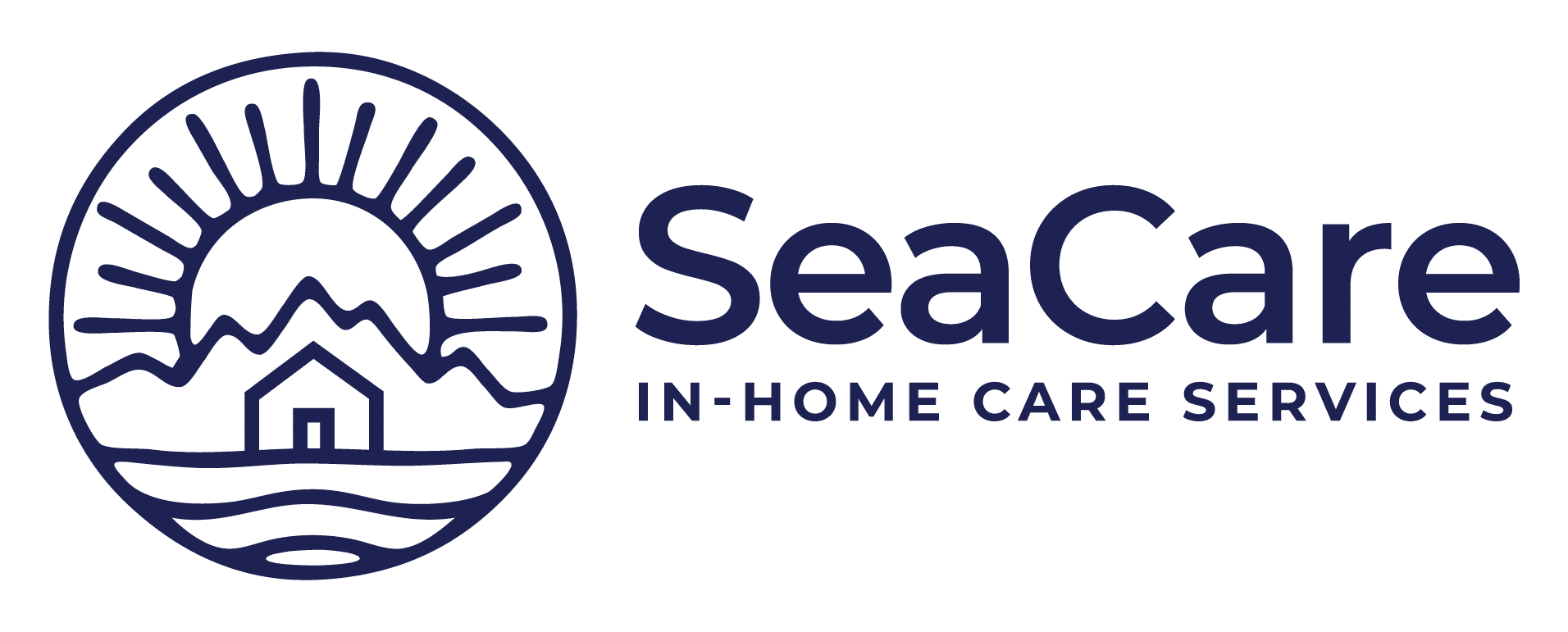3 Noteworthy books for caregiver families: A spring reading list
by Katie Wright | Mar 16, 2021 | Family caregiving, resources on aging, recommended senior reading | 0 Comments

Caregiver families are busy. Who has time to relax and read?
Start with some good recommendations. You’ll find three of them below.
Then consider how to find time and why you should.
How to find time?
- Steal 15 minutes here and there.
- Put in some earbuds and listen to an audiobook while you do other things around the house — or turn up the volume and share the experience with someone else.
- Head to bed 15 minutes early and hold your head up long enough to read a few pages.
Here’s why adding reading to your day makes a difference.
- It’s a good way to reduce stress and lose yourself in someone else’s wisdom for awhile.
- It can help prevent cognitive decline.
- Reading beats screen scrolling for mental stimulation.
- Good books are a catalyst for meaningful conversation.
I want to share with you three books that are sure to benefit your caregiving experience. May they entertain and inform you and the seniors in your life.
These are books I’ve read over the past year. You’ll notice a common thread among them. I picked them up in part to address my own reluctance to face aging head-on, and I’m pleased to say I learned a lot. There’s so much good material out there.
After reading each of these books, I felt better. About aging, about the prospect of caring for others in my family, and about how there are some really smart people writing and working to advance issues of importance to seniors and caregivers.
My personal reading list grew over the past year and includes several other titles relating to aging, retirement, and senior health. But I selected these books to share with you based on a few criteria:
- They’re very readable and easy to digest — a chapter (or a few pages) at a time.
- They’re illuminating. Each enlightened me in its own way and made me want to talk to others about what I’d read.
- They’re all readily available through the King County Library System and Seattle Public Library. (And of course for purchase through your favorite bookseller.)
Best of all, each book is full of stories. Stories of real people like all of us who are caring for someone, concerned about our older family members, or making our way toward our own old age.
A short booklist for caregiver families
Women Rowing North: Navigating Life's Currents and Flourishing as We Age
by: Mary Pipher
“Without suffering, too much is taken for granted. With a transcendent response to suffering, nothing is too small to appreciate. We can enjoy every fresh apricot, blazing October day, and visit with a friend. We can be awake and whole.”
This quote appeared early in the book and immediately drew me into its pages.
Pipher expertly weaves true stories throughout her examination of aging women. As a grandmother, caregiver, clinical psychologist, and cultural anthropologist, she illustrates issues facing women in their 60’s and beyond. She writes of the toll exacted by loss, changing bodies, and caregiving, and she touches on the insults of ageism and misogyny.
But because her account is underscored by the notion that most of us in this older stage of our lives are relatively happy and able to feel gratitude for our life experiences, it’s also a book of comfort and common sense.
Pipher makes clever use of metaphor throughout — that of a journey through our later years in a boat we’re trying to propel upstream. She discusses the navigational skills we develop, the crew who accompany us, and hazards we encounter along the way.
She is firm in her conviction that health more clearly indicates our transition into elderhood than chronological age. She makes no bones about the notion that although the trip through this period of life can be enchanting in many ways, it’s also challenging.
I savored this book and made it last by reading just a chapter at a time. I’ve returned to it often.
It’s deep and inspiring.
So inspiring, I underlined my favorite passages for future reference. And gifted copies to two of my dearest friends.
This Chair Rocks: A Manifesto Against Ageism
by: Ashton Applewhite
“When someone says, ‘You look great for your age,’ I no longer mutter an awkward thanks. I say brightly, ‘You look great for your age too!’”
Armed with humor and data, Applewhite takes aim at media and workplace stereotypes that suggest aging brains and bodies are outsiders. She is a crusader against ageism, its demeaning and patronizing language, and the harm caused by bias leveled at seniors.
The book is heavily footnoted, as the author cites research to dispel many myths of aging that give rise to prejudice. She worries, for example, about healthcare providers who treat patients based solely on age and tend to write off conditions (such as incontinence and balance problems) as inevitable results of aging rather than treatable situations.
But the overarching message of Applewhite’s book is one of good news. Her brand of activism — publicly calling out ageism when she sees it — addresses the dismissive treatment many seniors experience. Her writing includes good storytelling, hopeful statistics, and plenty of amusing anecdotes.
The author leaves us with a call to examine our own internalized ageism, to work on our awareness of discrimination, and, as seniors, to stop accepting second-rate status. It’s a tall order, but a necessary one.
The Gentle Art of Swedish Death Cleaning: How to Free Yourself and Your Family from a Lifetime of Clutter
by: Margareta Magnusson
“Many adult children do not want to talk about death with their parents. They should not be afraid. We must all talk about death. If it’s too hard to address, then death cleaning can be a way to start the conversation.”
Magnusson’s style is spare and fun to read because it’s crisp, sprinkled here and there with bits of humor, and adorned with whimsical drawings by the author. She quickly points out that her method is not intended to make us miserable. Instead, it’s meant to liberate.
She makes certain her reader understands this by naming her opening chapter “Death Cleaning is Not Sad.”
In Swedish, the word is döstädning, which means you get rid of what’s unnecessary and tidy up what’s left. The book — which can easily be read in a single sitting — is just as compact and straightforward as the concept.
I’m of an age when decluttering is very much on my mind. Reading a book like this makes me realize that many of my belongings are just stuff. Stuff that’s been around (and maybe not used) for years, stuff my children don’t really want, and frankly, stuff that I forgot I had.
There are also plenty of things that are nearly impossible for me to part with, and those don’t need to go anywhere just yet. I’m going to take my time.
Like me, you might need encouragement to begin downsizing, even if you have no plans to move. Maybe you need to grant yourself permission because belongings carry the weight of memories, and it’s tough to be practical when there are emotional strings attached.
This little book is not so much a how-to manual; rather it focuses on why you should do death cleaning. There are some practical tips, presented in a matter-of-fact way. The premise: if you take time to do your own death cleaning, your family is spared this emotion-laden, time-consuming task after you’re gone.
Caregivers and seniors, treat yourself to some inspiring reading. And please reach out to the staff at SeaCare In-Home Care Services for encouragement and information on how to enhance your loved ones’ home care experience.
Katie Wright writes about aging and senior wellness from Bellingham, WA. You can read more about her here.
If you or a loved one you know are looking for additional support during this time and are interested in scheduling a free in-home assessment, please contact SeaCare In-Home Care Services today! A SeaCare family member is standing by. 425-559-4339.



0 Comments